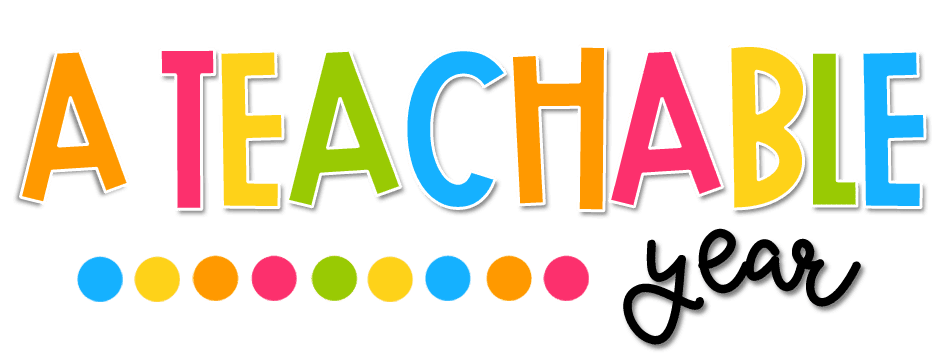Understanding Universal Children's Day
Universal Children's Day is a global observance that emphasizes promoting the well-being and rights of children worldwide, fostering understanding and dialogue on children's issues.
Universal Children's Day is a global observance that emphasizes promoting the well-being and rights of children worldwide, fostering understanding and dialogue on children's issues.
Language Skills and Activities
Vocabulary Enrichment:
Introduce children's rights-related vocabulary such as equality, education, protection, rights, diversity, and specific terms related to children's needs. Use visuals, discussions, or stories to reinforce vocabulary.
Reading and Comprehension:
Select articles, stories, or texts about children's rights, educational opportunities, or the importance of equality for children. Conduct reading sessions followed by discussions or comprehension tasks.
Writing Tasks:
Encourage students to write essays, poems, or letters expressing their thoughts on children's rights, dreams for the future, or their experiences related to education. This exercise nurtures language skills and critical thinking.
Rights and Responsibilities
Children's Rights Discussion:
Discuss the rights outlined in the United Nations Convention on the Rights of the Child. Encourage students to express their opinions on the importance of these rights.
Responsibilities Towards Children:
Initiate discussions on the responsibilities of society, families, and governments in ensuring the well-being and rights of children. Encourage students to share their thoughts.
Interactive Activities
Dream Collage:
Engage students in creating a "dream collage" representing their aspirations and dreams for a better world for children. Encourage them to express their hopes through images and words.
Cultural Stories:
Encourage students to share stories or anecdotes from their cultures that emphasize the importance of children or convey messages of empowerment.
Reflective Discussions
Education Empowerment:
Initiate discussions on the transformative power of education. Encourage students to reflect on the opportunities education provides for children's futures.
Cultural Diversity:
Discuss the importance of embracing diversity and understanding different childhood experiences worldwide. Encourage students to appreciate cultural variations in upbringing.
Teaching about Universal Children's Day in ESL classes offers an enlightening exploration of children's rights, education, and the diversity of childhood experiences. By integrating language exercises, discussions on rights and responsibilities, interactive activities, and reflective discussions, educators can create an engaging lesson that not only enhances language skills but also fosters empathy and understanding.
As we commemorate Universal Children's Day, let us inspire students to champion the rights of children, advocate for equality, and nurture a world where every child's potential can flourish.



No comments
Post a Comment
Thanks for your comment!